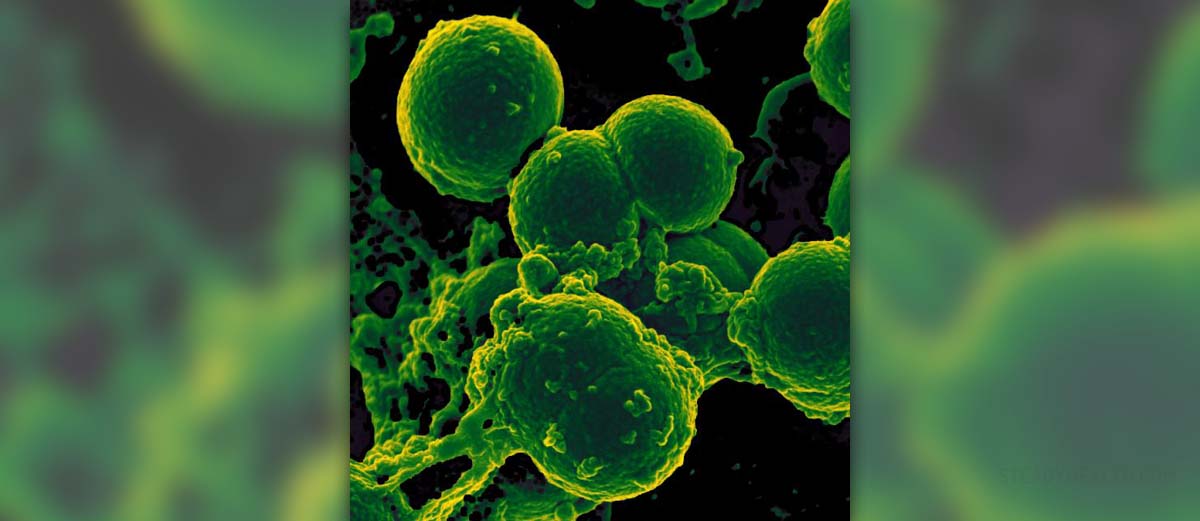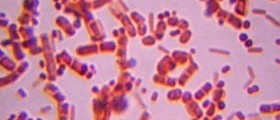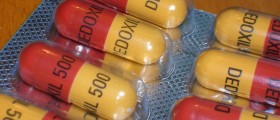
What is MRSA?
MRSA is actually a short term for methicilin-resistant staphylococcus aureus, or more precisely, a kind of bacterium which is resistant to the antibiotics that are usually used in the treatment of infections with this bacteria. Based on this, it is possible to conclude that MRSA infections will have to have different treatment. There are two types of this infection, the one which is common in those who have spent some time either in hospital or some other health care institution, called HA-MRSA, or health care associated MRSA, since it usually occur after surgeries, or other invasive procedures or devices even; and another called CA-MRSA, meaning community associated MRSA. The latter is typical of people who are among healthy people and in wider community, and it tends to begin as skin boil.
MRSA symptoms
The infections can be either local or serious, which means that some of them refer to simple pimples, boils, or even bites of an insect and cuts, while some involve the infection of heart, bones, and even blood. Some MRSA infections can even be life threatening, which is why a person should pay attention to the symptoms. The main symptoms which can be expected are muscle aches, fever, chills, headache, rash, and maybe problems with breathing such as shortness of breath. In order to diagnose the condition, the existing symptoms will have to be taken into consideration, and based on that, the doctor will require either urine analysis or blood analysis. In some cases, sputum and skin culture of the place which is infected, may be required as well.
Treatment of MRSA
As for the treatment of these infections, it is important to say that both types react to certain antibiotics, such as tetracycline, vancomycin and clindamycin, but when it comes to cases which are more serious, they tend to be more and more difficult to treat. In order not to provoke the resistance of the bacteria to these antibiotics, it is of extreme importance to keep continuing with the use of the same medicine until the dosage is completed, even if the person begins to feel better before the dosage ends. The less serious infections can be treated successfully even with the drainage of the abscess or infected sore, but those that are more serious may include hospitalization, intravenously administered medicines and fluids, or even treatment which includes dialysis if there is a kidney failure. On the other side, some treatments may include oxygen.

















Your thoughts on this
Loading...